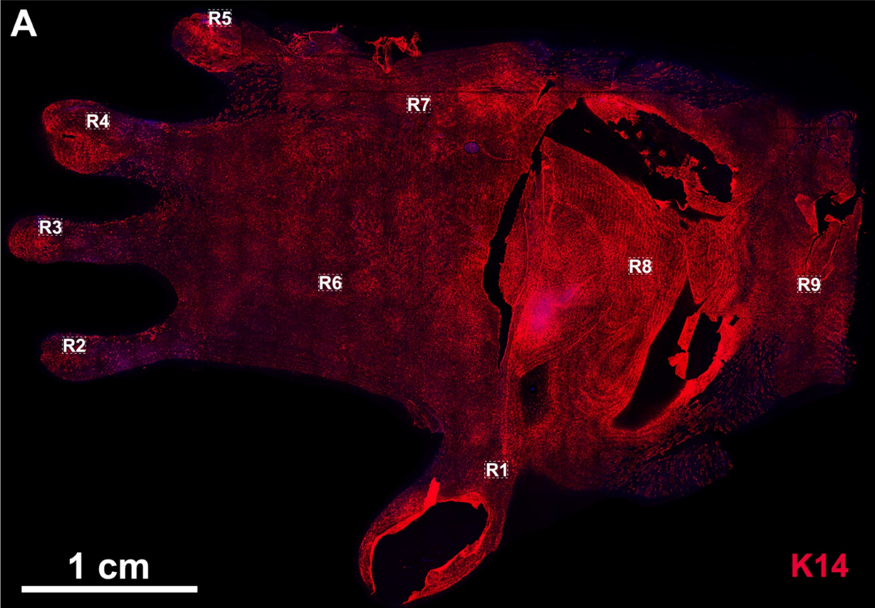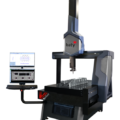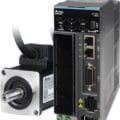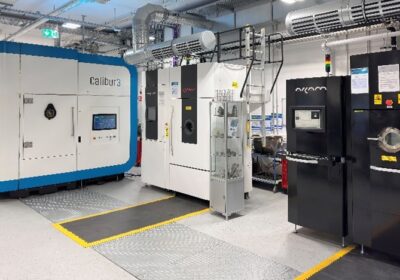In an informative new blog post – AMSBIO reflects on a selection of the groundbreaking life science and biomedical research undertaken by its customers during 2023. From deciphering the intricacies of cancer progression mechanisms to revolutionising wound care, AMSBIO is delighted to have played a supporting role in these scientific endeavours.
Discover an exciting collaboration led by Dr. Ashley M. Laughney from Weill Cornell Medicine and Dr. Samuel F. Bakhoum from Memorial Sloan Kettering Cancer Center where they investigated the intricate mechanisms through which chromosomal instability drives cancer metastasis. Their research revealed the complex interplay between chromosomal instability and the immune system, revealing the chronic activation of the cGAS–STING pathway and its role in creating a pro-metastatic tumour microenvironment. Using CAG-Luciferase lentiviral particles from AMSBIO the researchers developed in mouse models of breast cancer, enabling them to monitor the metastatic progression through bioluminescence. This pioneering research marks a significant stride toward advancing cancer therapies, offering valuable insights into potential therapeutic interventions for melanoma, breast, and colorectal cancers.
See the visualisations of Professor Peter K. Sorger’s research group at Harvard Medical School, who have shown the efficacy of spatial biology in discovering visual cancer biomarkers compared to traditional histology techniques. The study utilized the ‘Orion’ platform, which facilitates the collection of H&E and high-plex immunofluorescence images for cancer diagnosis. Professor Sorger’s team used FFPE tonsil and lung adenocarcinoma tissue from AMSBIO’s vast biorepository during their optimisation procedures. Using a colorectal cancer cohort, their study demonstrated that combining models of immune infiltration and tumour-intrinsic features through multimodal tissue imaging achieves significant discrimination in predicting progression-free survival. This research underscores the platform’s potential for advancing clinical research and cancer diagnosis.
Explore the work at Columbia University Irving Medical Center, where Dr. Hasan Erbil Abaci’s team used Hyaluronan Binding Protein from AMSBIO in their groundbreaking study on engineered wearable edgeless skin constructs (WESCs). Traditional skin constructs are flat and struggle to cover intricate areas like hands after injuries. The WESCs from the Columbia University team are designed to replicate the enclosed 3D geometry of human skin, to overcome this limitation. With improved biomechanical properties, these constructs have the potential to revolutionise wound care for complex body sites, presenting a significant advancement in the field.
To read the full blog ‘Exploring the Frontiers of Science: A Year in Review with AMSBIO’ that also includes reviews on research advances in 3D Neuromuscular Disease Modelling, Non-Coding RNA Peptides in Cancer Therapeutics, Breakthrough High-Throughput Single-Cell RNA Sequencing, and Evading Immune Rejection with Synthetic Immune Checkpoint Engagers, please visit https://www.amsbio.com/news/2023-in-review-with-amsbio/. For further information please contact AMSBIO on +31-72-8080244 / +44-1235-828200 / +1-617-945-5033 / [email protected].
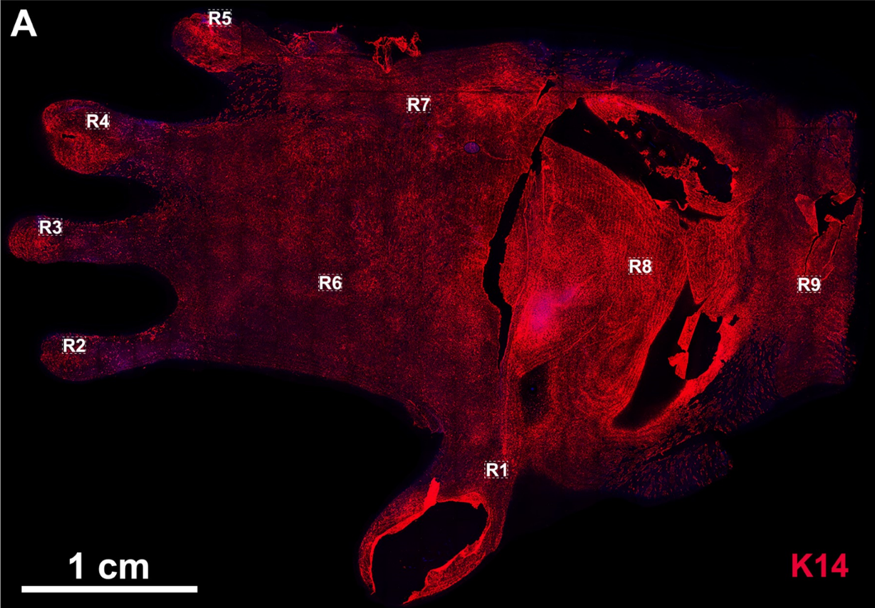
Engineering edgeless human skin with enhanced biomechanical properties.
Founded in 1987, AMS Biotechnology (AMSBIO) is recognized today as a leading transatlantic company contributing to the acceleration of discovery through the provision of cutting-edge life science technology, products, and services for R&D in the medical, nutrition, cosmetics, and energy industries. AMSBIO has in-depth expertise in extracellular matrices to provide elegant solutions for studying cell motility, migration, invasion, and proliferation. This expertise in cell culture and the ECM allows AMSBIO to partner with clients in tailoring cell systems to enhance organoid and spheroid screening outcomes using a variety of 3D culture systems, including organ-on-a-chip microfluidics. For drug discovery research, AMSBIO offers assays, recombinant proteins, and cell lines. Drawing upon a huge and comprehensive biorepository, AMSBIO is widely recognized as a leading provider of high-quality tissue specimens (including custom procurement) from both human and animal tissues. The company provides unique clinical grade products for stem cells and cell therapy applications. This includes GMP cryopreservation technology, and high-quality solutions for viral delivery.

